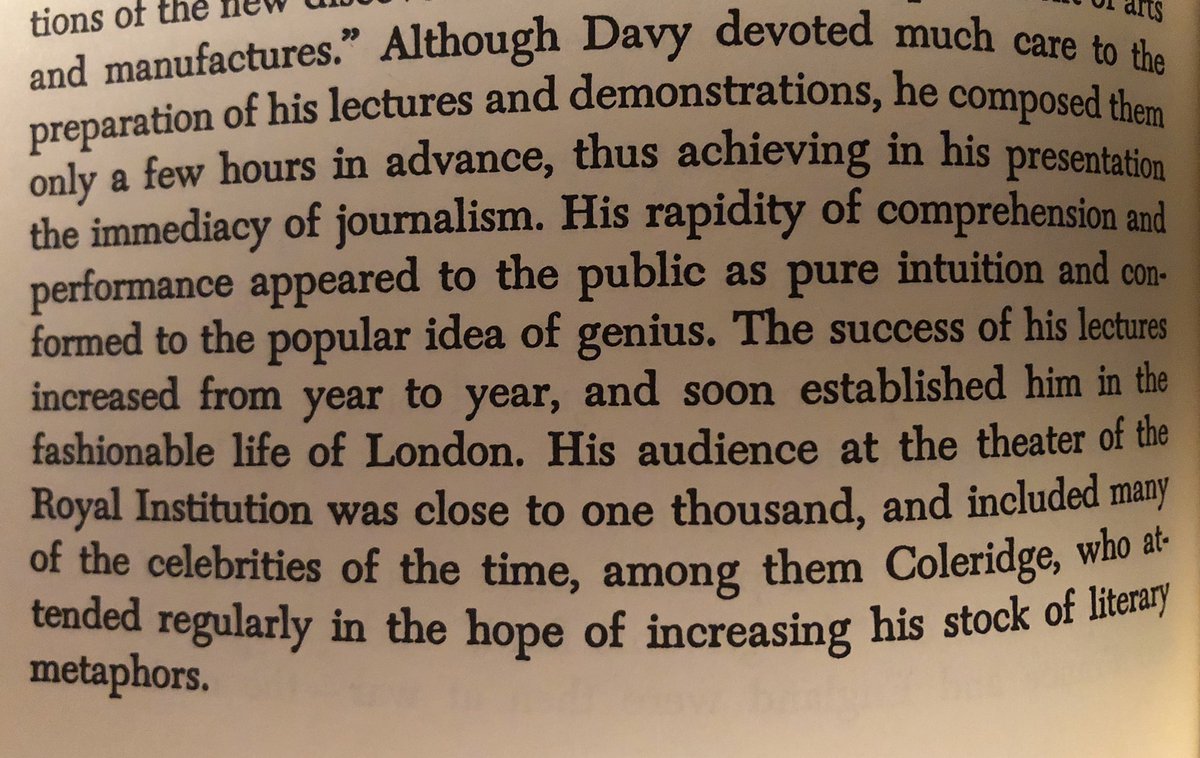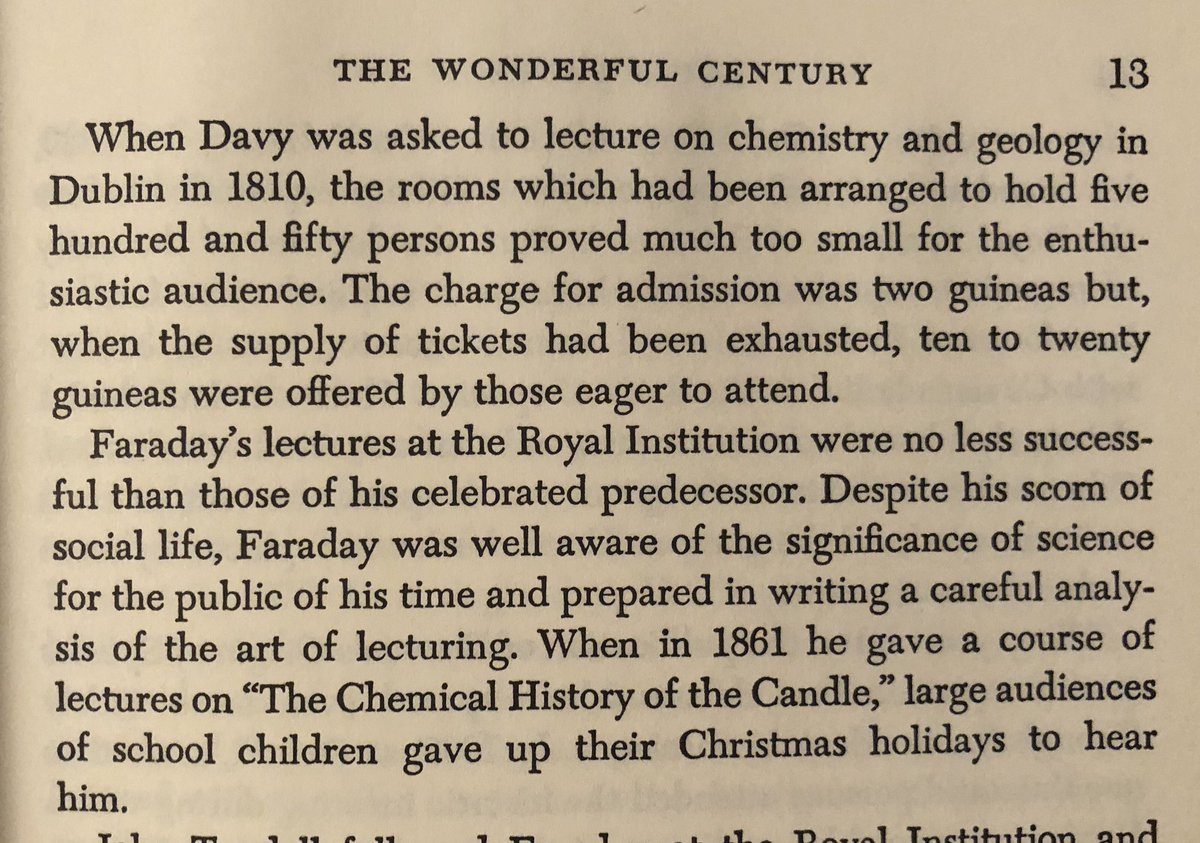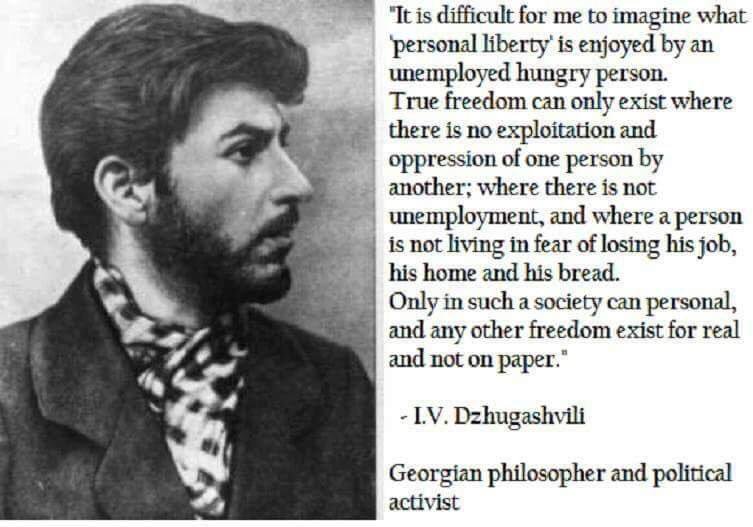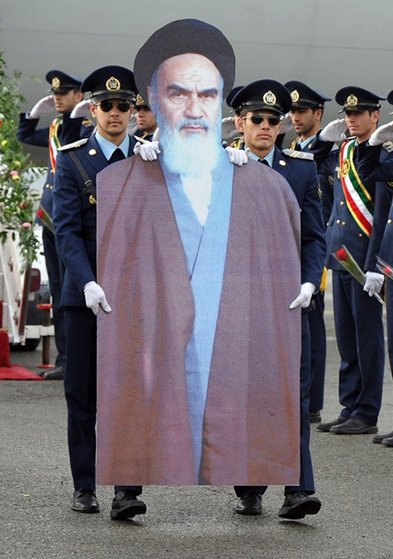In 1954, when it was time for large-scale human trials of the vaccine, some researchers were *against* the idea of doing a properly randomized, double-blind, placebo-controlled clinical trial—including Salk himself
No placebo. No randomization. Not blind.
So why did Salk and others oppose proper randomized blind controls?
The Foundation replaced Bell with Thomas Francis (Salk's old mentor)…
Fortunately, there were enough randomized controls to draw sound scientific conclusions at the end of the study.
So it's important to get things right, and I think Bell and Francis were clearly correct here.
Cultural norms matter, especially epistemic norms.
First, I'm very sympathetic to the dilemma that Salk faced. I think it's a tough problem, and it's worth thinking about different ways to approach it. I didn't mean to cast aspersions on Salk.
How many years does it take for the world to figure this out? How many years have you lost then?
Worse, what if the vaccine is actually *causing* polio (this is possible with a bad vaccine) and this goes undetected?
You don't want to have to do it twice.
Polio wasn't just a scientific question. It was highly emotional and political. Within the scientific community, and in the nation at large.
So, the tests had to be *more* than scientifically sound. They had to be *politically* sound.
A proper RCT was needed for *credibility* as much as, or more than, for science.












